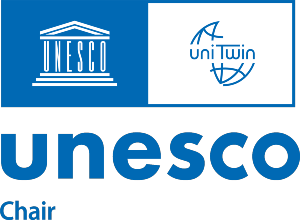News & Events
New research at NUI Galway to focus on youth suicide prevention
Date Released: 4 March 2022New research at NUI Galway to focus on youth suicide prevention
Researchers at NUI Galway are using information from young people across Galway, Mayo and Roscommon to deepen knowledge about youth mental health and suicide prevention.
The project, funded by the Health Research Board (HRB), is analysing data from 5,000 teenagers in the three counties who took part in surveys by Planet Youth in 2018, 2020 and 2022.
Planet Youth is a regional implementation, in the West of Ireland, of the Icelandic primary prevention model. The Planet Youth survey gathers detailed information about mental well-being, suicidal ideation, lifestyles, behaviour and experiences from young people and provides a unique opportunity to gain a greater understanding about the factors that place adolescents at-risk
Dr Charlotte Silke, Post-Doctoral Researcher at the UNESCO Child & Family Research Centre at NUI Galway, is the lead researcher on the project. “From this project we hope to better understand the factors that may cause teenagers to experience poor mental health or feel suicidal,” Dr Silke said. “We also hope to learn more about the things that help to ensure young people have good mental health. The findings of the study will be used to guide policy and services for young people and their families.”
The project includes stakeholders in research, policy and practice. The proposal for HRB funding was led by the UNESCO Child & Family Research Centre and School of Psychology at NUI Galway, in partnership with Planet Youth, the HSE National Office for Suicide Prevention, HSE West and the National Suicide Research Foundation. The study is being led jointly by Dr Bernadine Brady, UNESCO Child & Family Research Centre and Dr Caroline Heary, School of Psychology.
The research project, entitled Informing Youth Suicide Prevention and Mental Health Promotion through Secondary Analysis of the Planet Youth Datasets (Inform - YSP), secured funding of €207,000 from the HRB to analyse the survey data from teenagers.
To learn more about the project please visit here.







